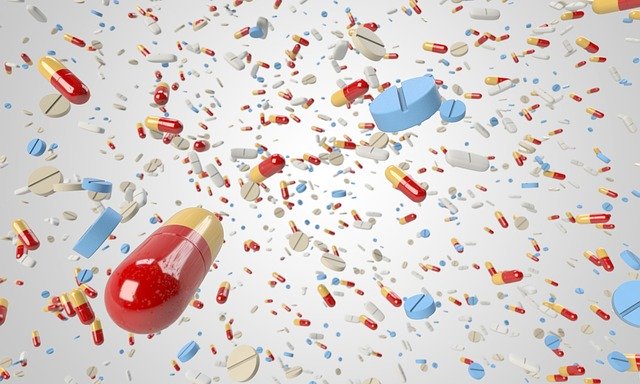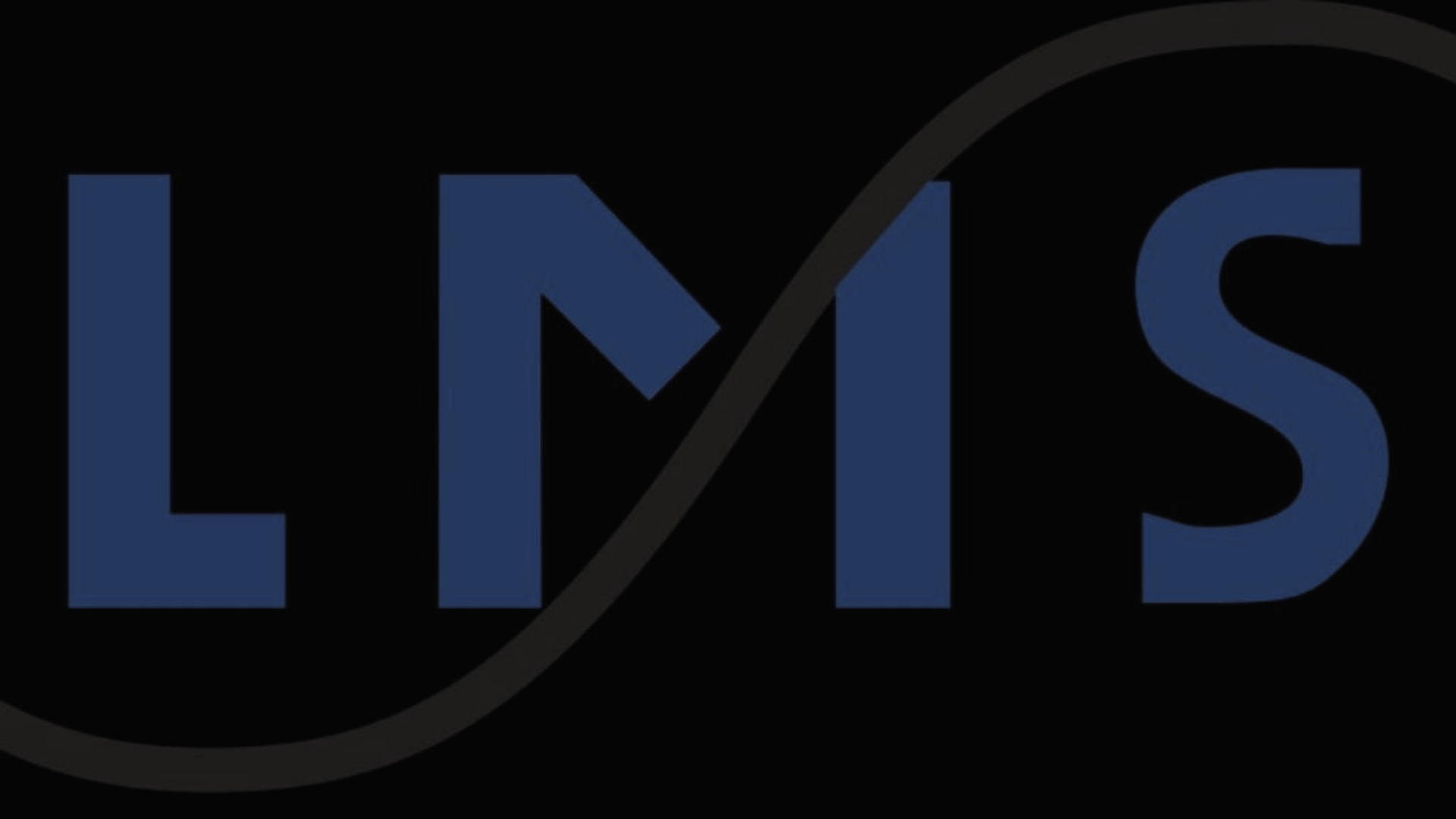G.H.G. Khalsa College of Pharmacy Gurusar Sadhar
VISION
To produce professionally trained pharmacists to serve as efficient team-members of the Nation’s Health-care Programme.
MISSION
- To develop this rural- based Pharmacy Instituition as a Centre of Excellence in imparting quality education in the field of Pharmaceutical Sciences.
- To maintain the quality of didactics through competent faculty and the state- of- the -art infrastructure.
- To inculcate human values and a sense of commitment to serve the ailing in the society.
Course categories
Skip available courses
Available courses

Instrumental Methods of Analysis
This course provides the knowledge regarding the percentage purity of pharmacological active substances/API and various spectroscopical and chromatographic techniques.

Industrial Pharmacy -II(2018-2022)
This course will help the students to impart fundamental knowledge on pharmaceutical product
development and translation from laboratory to market.
After the completion of the course, the students will be able to understand:
1. The process of pilot plant and scale up of pharmaceutical dosage forms.
2. The process of technology transfer from lab scale to commercial batch.
3. Get aware of different Laws and Acts that help in proper regulation of pharmaceutical industry.
4. Understand the importance of approval process and regulatory requirements for proper manufacturing and packaging of drug products.

Herbal Drug Technology(2018-2022)
Will give detail information about the herbal raw material, herbal preparations and herbal usage of drugs and Herbs.
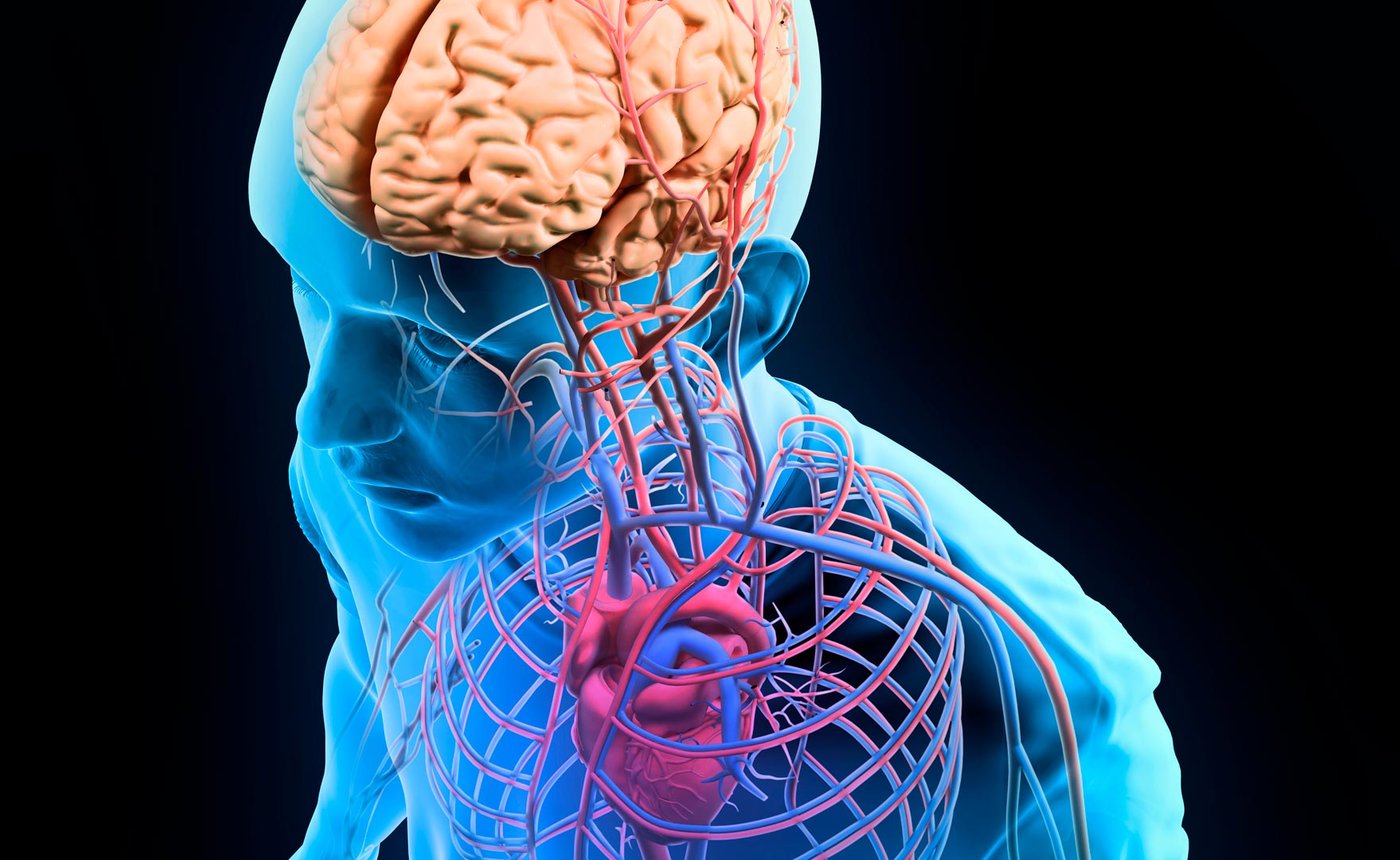
HAP-I (2022 Batch)
This subject is designed to impart fundamental knowledge on the structure and functions of the various systems of the human body.

Human Anatomy & Physiology (HAP-I) 2021 Batch
This subject is designed to impart fundamental knowledge on the structure and functions of the various systems of the human body.

Human Anatomy and Physiology-I
This subject is designed to impart fundamental knowledge on the structure and functions of the various systems of the human body.
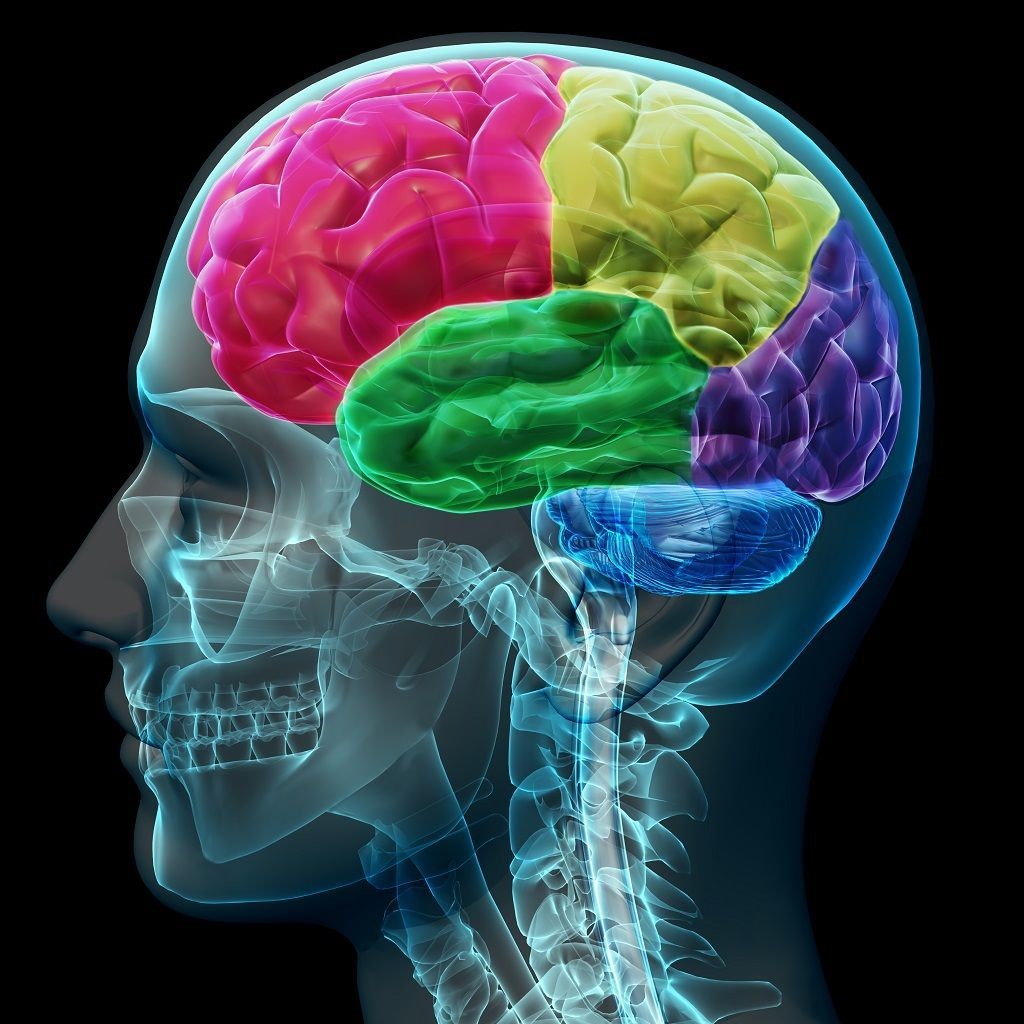
Human Anatomy and Physiology II–Theory
This subject is designed to impart fundamental knowledge on the structure and functions
of the various systems of the human body. The subject provides the basic knowledge required to understand the various
disciplines of pharmacy.
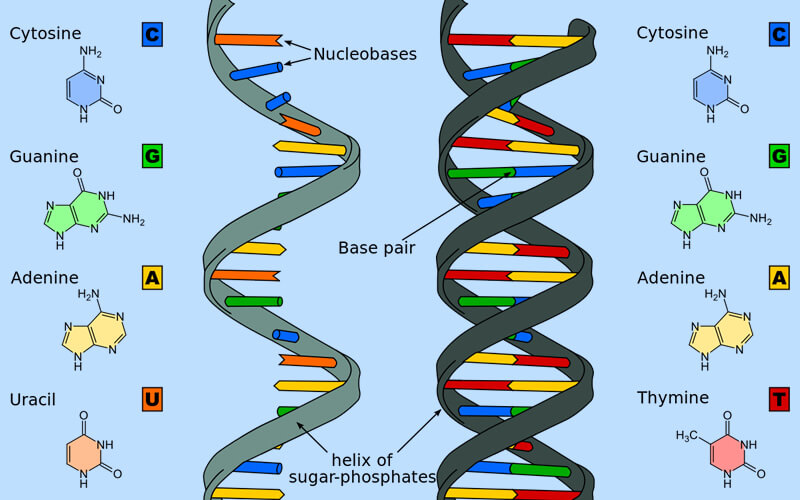
Biochemistry
Scope:
Biochemistry deals with complete understanding of the molecular levels of the chemical
process associated with living cells. The scope of the subject is providing biochemical facts and
the principles to understand metabolism of nutrient molecules in physiological and pathological
conditions. It is also emphasizing on genetic organization of mammalian genome and hetero and auto-catalytic functions of DNA.
Objectives: Upon completion of course student shell able to
1. Understand the catalytic role of enzymes, importance of enzyme inhibitors in design of
new drugs, therapeutic and diagnostic applications of enzymes.
2. Understand the metabolism of nutrient molecules in physiological and pathological
conditions.
3. Understand the genetic organization of mammalian genome and functions of DNA in the
synthesis of RNAs and proteins.

Pharmaceutical Organic Chemistry-I
Scope: This subject deals with classification and nomenclature of simple organic compounds, structural isomerism, intermediates forming in reactions, important physical properties, reactions and methods of preparation of these compounds. The syllabus also emphasizes on mechanisms and orientation of reactions.
Objectives: Upon completion of the course, the student shall be able to
1. Write the structure, name and the type of isomerism of the organic compound.
2. Write the reaction, name the reaction and orientation of reactions.
3. Account for reactivity/stability of compounds.
4. Identify/confirm the identification of organic compound.

Pharmacology-I (BP404T)
The subject focuses on understanding drugs' effects on living organisms and their application in therapeutics, including their mechanism of action, physiological and biochemical effects excretion (pharmacokinetics) along with the adverse effects, clinical uses, interactions, doses, contraindications and routes of administration of different classes of drugs. Absorption, distribution, metabolism, and excretion (pharmacokinetics) along with the adverse effects, clinical uses, interactions, doses, contraindications and routes of administration of different classes of drugs.

Pharmacognosy and Phytochemistry I (Section B)
The subject involves the fundamentals of Pharmacognosy like scope, classification of crude drugs, their identification and evaluation, phytochemicals present in them and their medicinal properties.

MEDICINAL CHEMISTRY-1 (SECTION-B)
Medicinal Chemistry will give the understanding of chemical structure, their IUPAC nomenclature, SAR, Synthesis and uses of medicinally importance drugs.
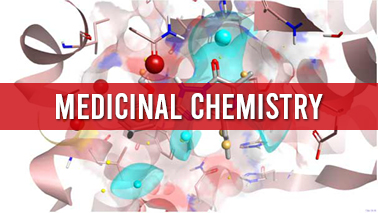
Medicinal Chemistry-1 (SECTION A)
Scope: This subject is designed to impart fundamental knowledge on the structure, chemistry and therapeutic value of drugs. The subject emphasizes on structure activity relationships of drugs, importance of physicochemical properties and metabolism of drugs. The syllabus also emphasizes on chemical synthesis of important drugs under each class.
Objectives: Upon completion of the course, the student shall be able to
1. Understand the chemistry of drugs with respect to their pharmacological activity.
2. Understand the drug metabolic pathways, adverse effect and therapeutic value of drugs.
3. Know the Structural Activity Relationship (SAR) of different class of drugs.
4. Write the chemical synthesis of some drugs.
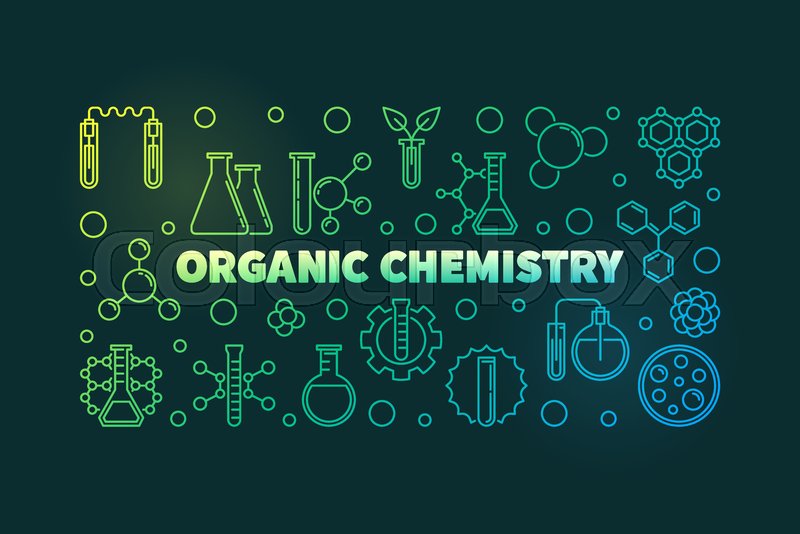
Pharmaceutical Organic Chemistry-III (Section-B)
Scope: This subject imparts knowledge on stereo-chemical aspects of organic compounds and organic reactions, important named reactions, chemistry of important heterocyclic compounds. It also emphasizes on medicinal and other uses of organic compounds.
Objectives: At the end of the course, the student shall be able to
1. Understand the methods of preparation and properties of organic compounds.
2. Explain the stereo chemical aspects of organic compounds and stereo chemical reactions.
3. Know the medicinal uses and other applications of organic compounds.

Medicinal Chemistry-II (BP501T)
Medicinal chemistry or pharmaceutical chemistry is the chemistry discipline concerned with the design, development and synthesis of pharmaceutical drugs.
- Medicinal chemistry is a discipline involved in the development, synthesis, and analysis of drugs and other bio-active agents.
- Medicinal chemistry draws from organic chemistry, biochemistry, pharmacology, and medicine.
- Training for a career in medicinal chemistry involves a strong foundation in organic chemistry and biochemistry.

Pharmaceutical Biotechnology
Biotechnology has a long promise to revolutionize the biological sciences and
technology. Scientific application of biotechnology in the field of genetic engineering, medicine and fermentation technology makes the subject interesting. Biotechnology is leading to new biological revolutions in diagnosis, prevention
and cure of diseases, new and cheaper pharmaceutical drugs. Biotechnology has already produced transgenic crops and animals and the future
promises lot more. It is basically a research-based subject.

Biopharmaceutics and Pharmacokinetics
This subject is designed to impart knowledge and skills of Biopharmaceutics and
pharmacokinetics and their applications in pharmaceutical development, design of dose and
dosage regimen and in solving the problems arised therein.

Practical work of Herbal drug Technology 2018-2022
This gives general view regarding the manufacturing and storage of herbal drug formulations.

Biopharmaceutics and pharmacokinetics
Scope: This subject is designed to impart knowledge and skills of Biopharmaceutics and
pharmacokinetics and their applications in pharmaceutical development, design of dose and
dosage regimen and in solving the problems arised therein.
Objectives: Upon completion of the course, student shall be able to:
1. Understand the basic concepts in biopharmaceutics and pharmacokinetics and their
significance.
2. Use of plasma drug concentration-time data to calculate the pharmacokinetic
parameters to describe the kinetics of drug absorption, distribution, metabolism,
excretion, elimination.
3. To understand the concepts of bioavailability and bioequivalence of drug products and
their significance.
4. Understand various pharmacokinetic parameters, their significance & applications.

Quality Assurance
1) This course deals with the various aspects of quality control and quality assurance
aspects of pharmaceutical industries.
2) This course deals with the important aspects like cGMP, QC tests, documentation,
quality certifications and regulatory affairs.
3) In This course student Understand the cGMP aspects in a pharmaceutical industry.
4) In This course student learn to appreciate the importance of documentation.
5) In This course student understand the scope of quality certifications applicable to
pharmaceutical industries.
6)In This corse student understand the responsibilities of QA & QC departments

MEDICINAL CHEMISTRY III
Scope
This subject is designed to impart fundamental knowledge on the structure, chemistry and therapeutic value of drugs. The subject emphasis on modern techniques of rational drug design like quantitative structure activity relationship (QSAR), Pro-drug concept, combinatorial chemistry and Computer aided drug design (CADD). The subject also emphasizes on the chemistry, mechanism of action, metabolism, adverse effects, Structure Activity Relationships (SAR), therapeutic uses and synthesis of important drugs.
Objectives:
Upon completion of the course, student shall be able to
1.Understand the importance of drug design and different techniques of drug design.
2.Understand the chemistry of drugs with respect to their biological activity.
3.Know the metabolism, adverse effects and therapeutic value of drugs.
4.Know the importance of SAR of drugs.

Industrial Pharmacy-II(2017-2021)
This will give brief information about Industrial working.

Social and Preventive Pharmacy
The purpose of this course is to introduce to students a number of health issues and
their challenges. This course also introduced a number of national health programmes. The
roles of the pharmacist in these contexts are also discussed.

Quality Control & Standardization Of Herbals (Dr.Divneet Kaur)
In this subject, the student learns about the various methods and guidelines for
evaluation and standardization of herbs and herbal drugs. The subject also provides an
opportunity for the student to learn cGMP, GAP and GLP in traditional system of
medicines.

Quality Control and Standardization of herbals
Information and knowledge about various methods used for standardization, identification of Drugs.

Biochemistry & Clinical Pathology
Biochemistry, sometimes called biological chemistry is the study of the structure, composition, and chemical reactions of substances in living systems. By controlling information flow through biochemical signaling and the flow of chemical energy through metabolism, biochemical processes give rise to the complexity of life. Biochemistry emerged as a separate discipline when scientists combined biology with organic, inorganic, and physical chemistry and began to study how living things obtain energy from food, the chemical basis of heredity, what fundamental changes occur in disease, and related issues. Biochemistry includes the sciences of molecular biology, immunochemistry, and neurochemistry, as well as bioinorganic, bioorganic, and biophysical chemistry. But today, the main focus of pure biochemistry is on understanding how biological molecules give rise to the processes that occur within living cells, which in turn relates greatly to the study and understanding of tissues, organs, and whole organisms—that is, all of biology.

Pharmaceutics-II

Modern Analytical Techniques
This course will provide the knowledge regarding various spectral techniques, analytical equipments etc.
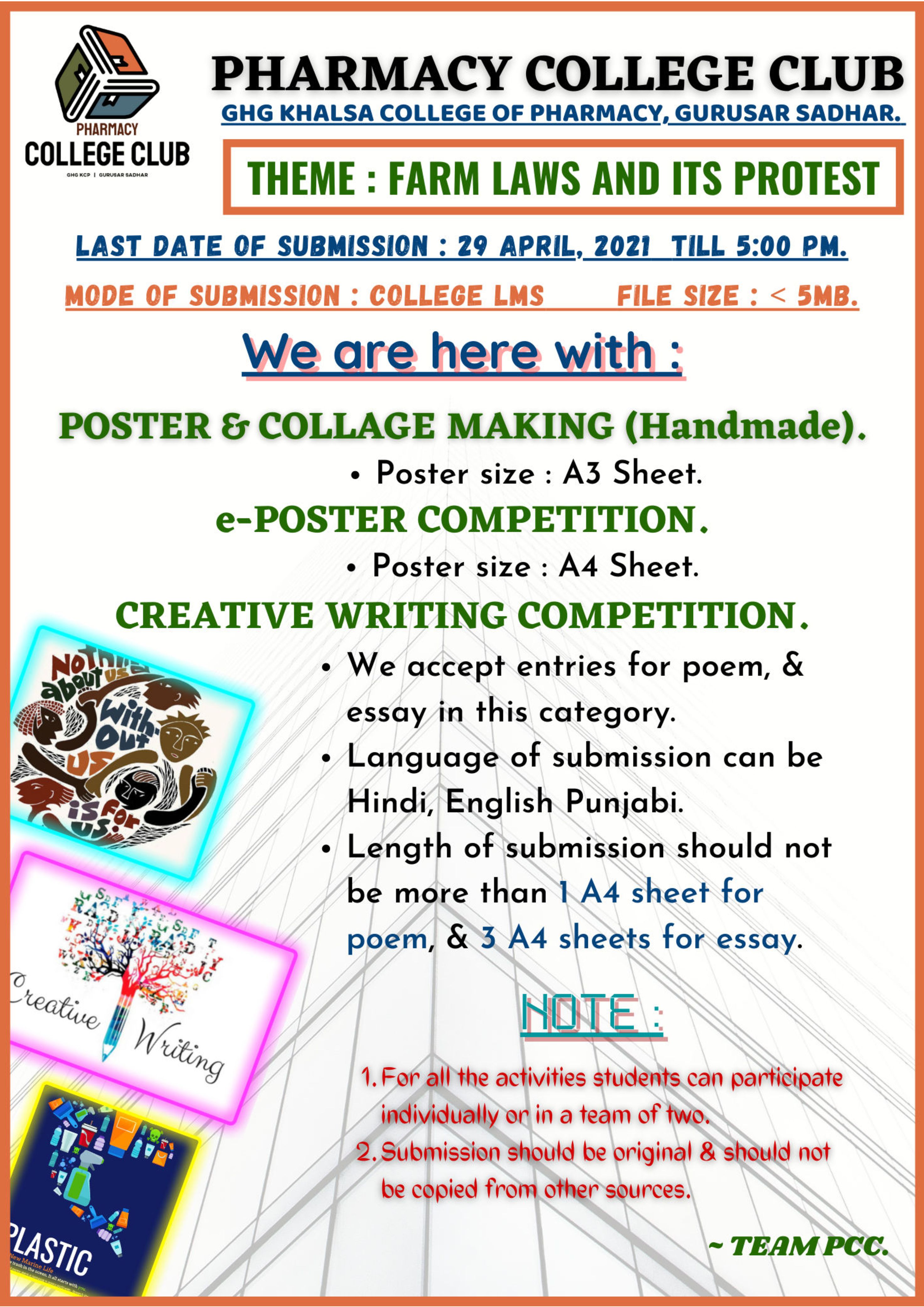
Competitive Events under the theme' FARM LAWS AND ITS PROTEST'
Dear Participants,
You can register for the event at https://forms.gle/eDr4EwGvcrmQvPEi7.
You can submit your creation under 3 categories:
- Poster and Collage Making (Handmade): Size: A3 sheet
- e-Poster Competition: Size: A4 sheet
- Creative writing:
- Poem or essay
- Language: Any one out of English, Hindi, Punjabi
- Length: Poem- One A4 sheet; Essay: Not more than three A4 sheets.
Note:
- For all the activities student can participate individually or in a team of 2.
- Submissions should be original and should not be copied from other source.
Best Wishes
Pharmacy College Club

4. Phytopharmaceutics and Pharmacognosy
E-Posters are invited in this category in the area but not limited to:
- Phytomedicine
- Herbal Drug Delivery
- Ethnopharmacology in Drug Discovery and Development
- Plant Biotechnology
Participants are advised to submit:
Skip site announcements


